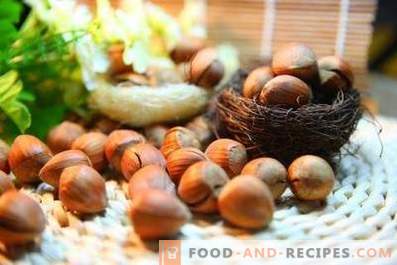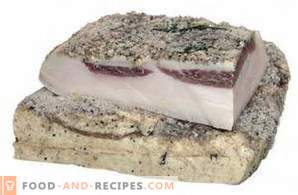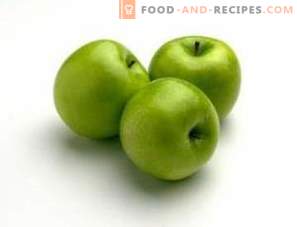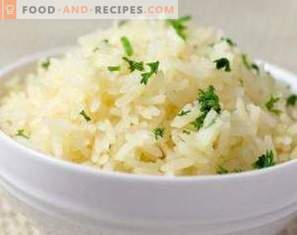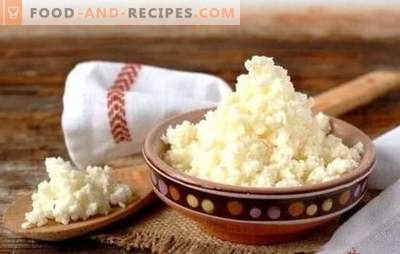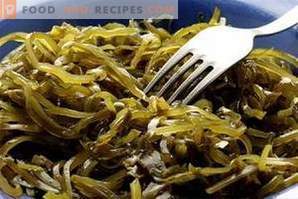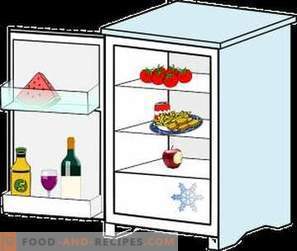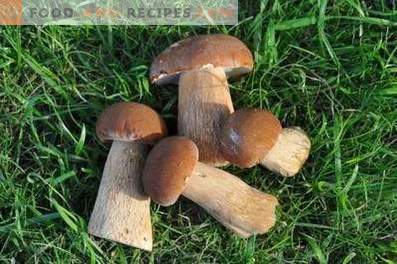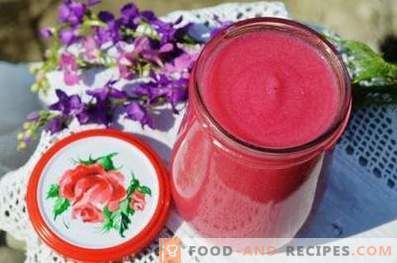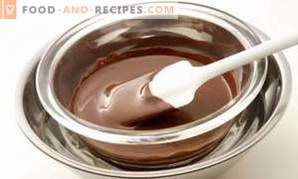
Those who are very careful about their own figure, treat such a useful and important product as cottage cheese with prejudice. It is believed that if you regularly eat it, you can easily gain those extra pounds, which will later be very difficult to get rid of. However, this is far from the case when it comes to low-fat cottage cheese, which is obtained after cream is removed from the milk. Such a product is not only tasty, but also has dietary properties, therefore it helps to fight against overweight.
How many calories are in cottage cheese
For example, the energy value of 100 g of low-fat cottage cheese is only 110 kilocalories, so this product can be used without fear of harming your own figure. Those who are not particularly worried about thin waists should take note that 100 g of low-fat 9% cottage cheese, which is most often found in the store, contains 169 calories. This product can also be eaten daily, and it will benefit people who need proteins, the content of which in low-fat cottage cheese is at least 18%. As for homemade cottage cheese, the fat content of which is at least 20%, then it should be included in the menu more often 2 times a week, otherwise overweight problems cannot be avoided. After all, the energy value of 100 g of such a product is at least 230 kilocalories. With this in mind, people who prefer fat cottage cheese, very quickly gaining weight and can even experience serious problems with digestion. However, fat cottage cheese is indispensable in cases when it comes to the recovery of people who have undergone surgery, suffering from dystrophy, low immunity, or dysbacteriosis. It is noteworthy that the fat content of the curd affects not only the energy properties, but also the composition of this unique product. So, 100 g of low-fat cottage cheese contains 23% of proteins, 3, 4% of carbohydrates and the same amount of sugars, 0, 4 g of saturated acids and about 70 g of water. In the low-fat 9-percent cottage cheese per 100 g accounts for 39% of proteins, 1, 3% of carbohydrates, 3% of sugars, and 5, 2 g of saturated acids and 67 g of water. As for fat cottage cheese, 100 of this product contains 17% of proteins, 2, 9% of carbohydrates, 2, 7% of sugars, 10, 7 g of saturated acids and 61 g of water. Thus, knowing the fat content and energy value of different types of cottage cheese, you can easily choose a product that meets individual needs and is ideal for feeding people of different age categories.
The benefits of cottage cheese
As for the nutritional value of cottage cheese, it is quite large, since this product contains vitamins A, B, C, D, E, PP, K and H, as well as choline and beta carotene, which are responsible for the metabolic processes in the body, strengthening the bone system, the breakdown of proteins and the elimination of toxins. In addition, the second is rich in calcium, potassium, sodium, iron, phosphorus, sulfur, magnesium, chlorine, manganese, copper, zinc, cobalt, fluorine, molybdenum and selenium, without which it is difficult to imagine the normal functioning of internal organs and the overall physical development of any person. . Due to its unique composition, small amounts of cottage cheese have a very positive effect on the work of the gastrointestinal tract, improves blood composition and strengthens blood vessels, stimulates hair and nail growth, and also helps to properly form the skeletal system. Plus, cottage cheese hinders the development of the body's protective functions in various diseases, helps cleanse the liver, strengthen the heart muscle and eyesight.

